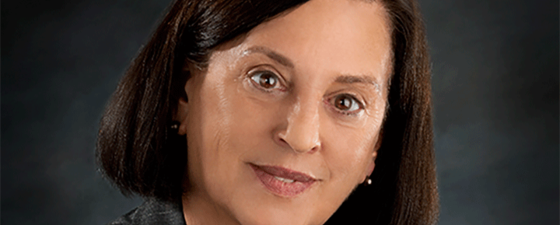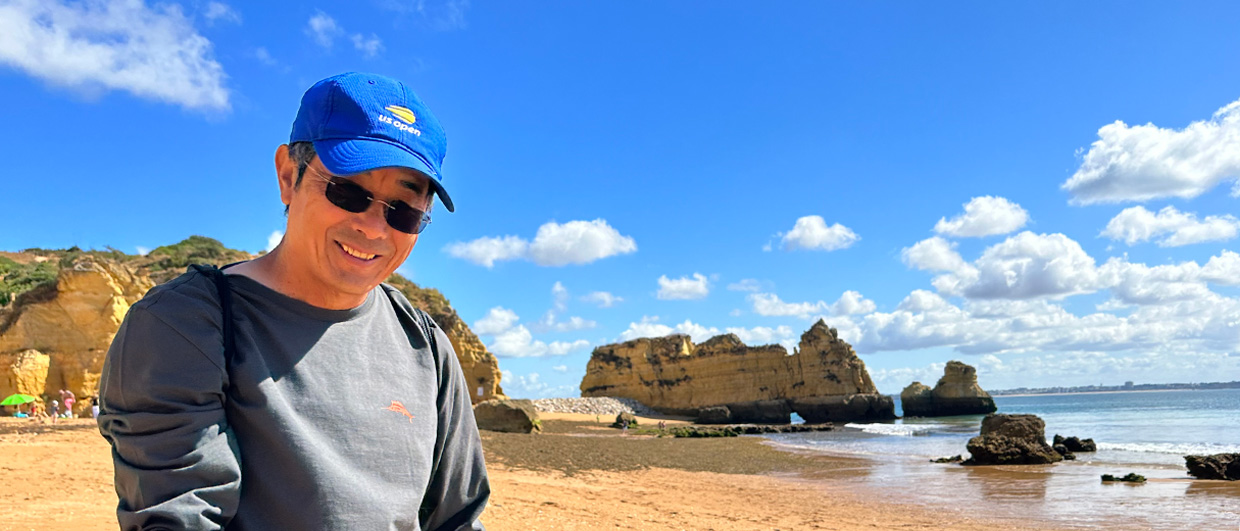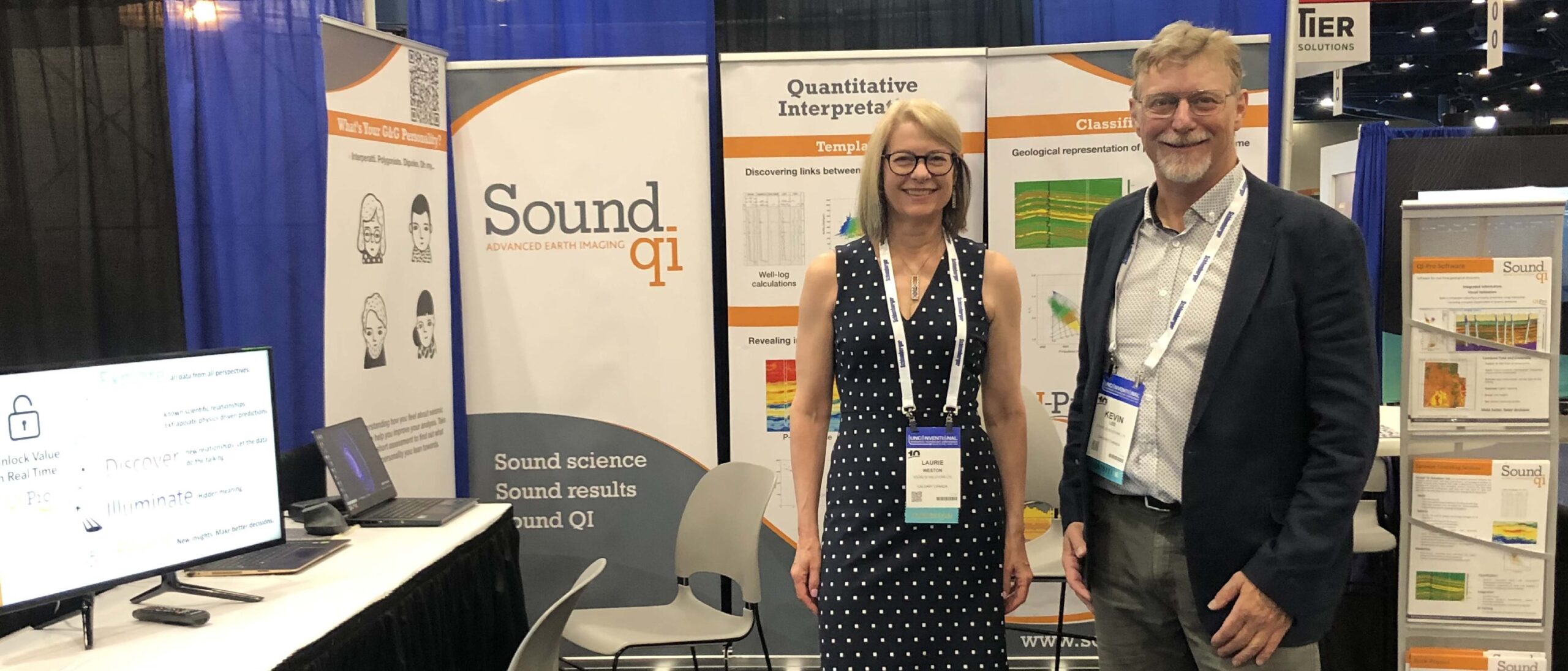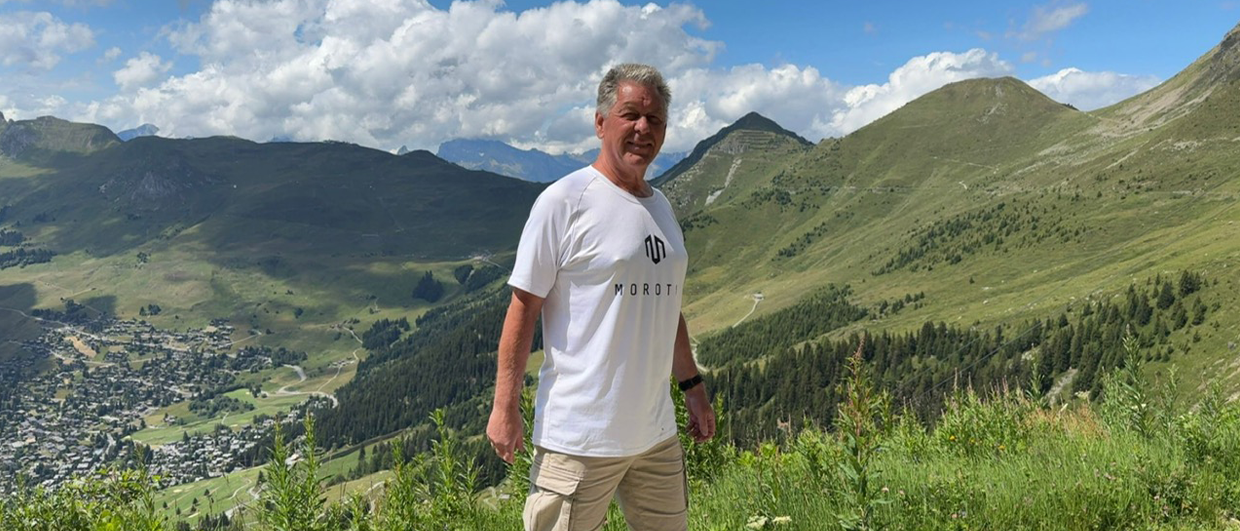Why did the AAPG feel it needed a presence in Washington?
AAPG members were concerned that decisions were being made in Washington that were not well grounded in science, so the AAPG set up the office, offering the expertise of members to help inform the legislators. Our focus is threefold: to advise and educate government officials and science and energy policy organizations; to communicate to AAPG members timely information on relevant legislative and regulatory actions; and to create opportunities for AAPG members to get involved and deliver their expertise directly in the policy making process.
How did the legislators react?
They are very appreciative of our input. Congressional staff in particular desperately need reliable information to help them prepare material for the elected representatives. I realized we were definitely making progress when staff members started approaching us for science input to help them prepare better legislation, or for an expert to talk to on a particular subject. It’s often at short notice, so we have to be able to react fast.
What are your day-to-day activities?
They are two-fold; I communicate what is happening in Washington to the AAPG membership, as well as pass information to the representatives. We need to know the right people to talk to on relevant matters ‘on the Hill’ and my colleague Colleen undertakes that role, while I keep track of the current issues and liaise with the AAPG members and experts. The office is small – there are just the two of us – but we often work with the American Geosciences Institute policy staff, who are in the same building.
What experience and skills do you think are needed in this role?
Scientific knowledge is key but it is also important to know what AAPG members are working on. I have been active in the industry in a number of roles and also on committees in the AAPG, so I can use this knowledge within my position. It is useful to understand how Washington, D.C. works, so it helps that I previously worked in the executive branch of the federal government, in the Department of Energy. I was initially doing research, but ended up moving to Washington, where I found myself explaining to Congress, on behalf of the Department, the scientific aspects of budgets and laws; more an educator than a lobbyist.
What do you consider one of the Policy Office’s major achievements?
We realized that Congress and staff members didn’t really understand the basic concepts of subsurface geology, so in 2014 we coordinated with other geoscience societies to set up a series of briefings entitled ‘Energy from the Earth’. These have been met with enthusiasm. How do you think the average Congressman or woman views the hydrocarbon industry? Well, they represent their districts, so they need to know what is relevant and important to their local area and electorate. With the rise of ‘unconventionals’, the hydrocarbon industry is more geographically spread than it was, so more representatives are knowledgeable. Republicans are almost universally favorable towards the industry while Democrats tend to be less supportive, but it really depends where they live.
What one important change would you like to see as a result of this role?
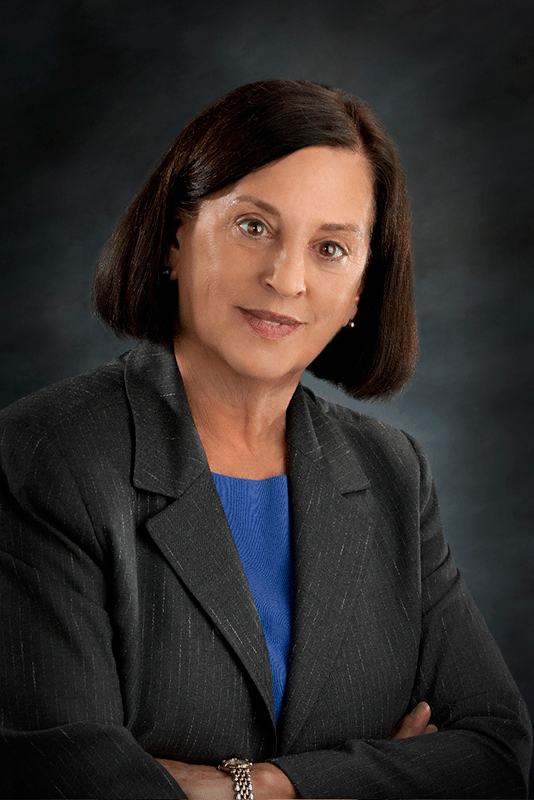 Edith Allison has bachelor’s and master’s degrees in geology and worked in industry for many years as an exploration and development geologist in the Mid-Continent and Permian basins. She also worked for the U.S. Department of Energy for over 20 years, initially conducting reservoir characterization research and later managing unconventional oil and gas research programs.I would like to see a Congress less polarized in its views – although I have to admit that this polarization is probably a good reflection of the opinions of the population as a whole.
Edith Allison has bachelor’s and master’s degrees in geology and worked in industry for many years as an exploration and development geologist in the Mid-Continent and Permian basins. She also worked for the U.S. Department of Energy for over 20 years, initially conducting reservoir characterization research and later managing unconventional oil and gas research programs.I would like to see a Congress less polarized in its views – although I have to admit that this polarization is probably a good reflection of the opinions of the population as a whole.

